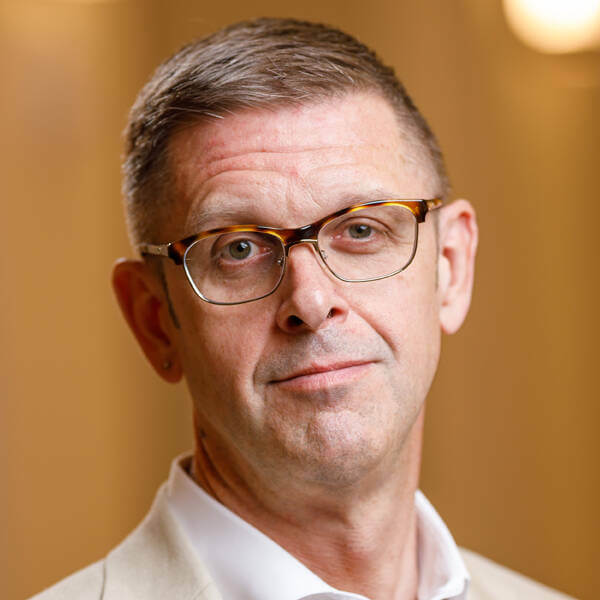Insulated
So I grew up on the west side of South Bend, which, was at the time, in the 60s, early 70s, was probably the most racially ethnically diverse part of South Bend. I grew up in a solidly, what for the time would have been middle class family. I didn't want for anything, we didn't have a ton, but I didn't want for anything. We're perfectly comfortable. My dad was a working class, he, you know, was a serviceman for the gas company, my mom was a nurse but I do think that the combination of growing up in a place where you saw and interacted with a lot of diverse people, but lived immediately in an environment that was striving to be just calm, just sturdy and secure and safe, it probably didn't do me a lot of favors because it put off the moment of coming to grips with things, you know, a little bit insulated. I guess I would say insulated. At the same time that I was living in a place where I really shouldn't have been.
I should have been dealing with stuff. I should have, for instance, I should have been making more friends who were not white. I knew them at school. They lived what? Two blocks away. But we weren't friends. We didn't hang out a lot. That, that was a mistake. And I think it was partly because part of my upbringing was not, it wasn't spoken this way, but you know, stay safe. Stay in your lane. Stay where you belong. It probably put off the moment of realization a little bit.

Kevin Fye
Kevin Fye is Communications Manager the Klau Institute for Civil and Human Rights. He was raised in South Bend, Indiana.